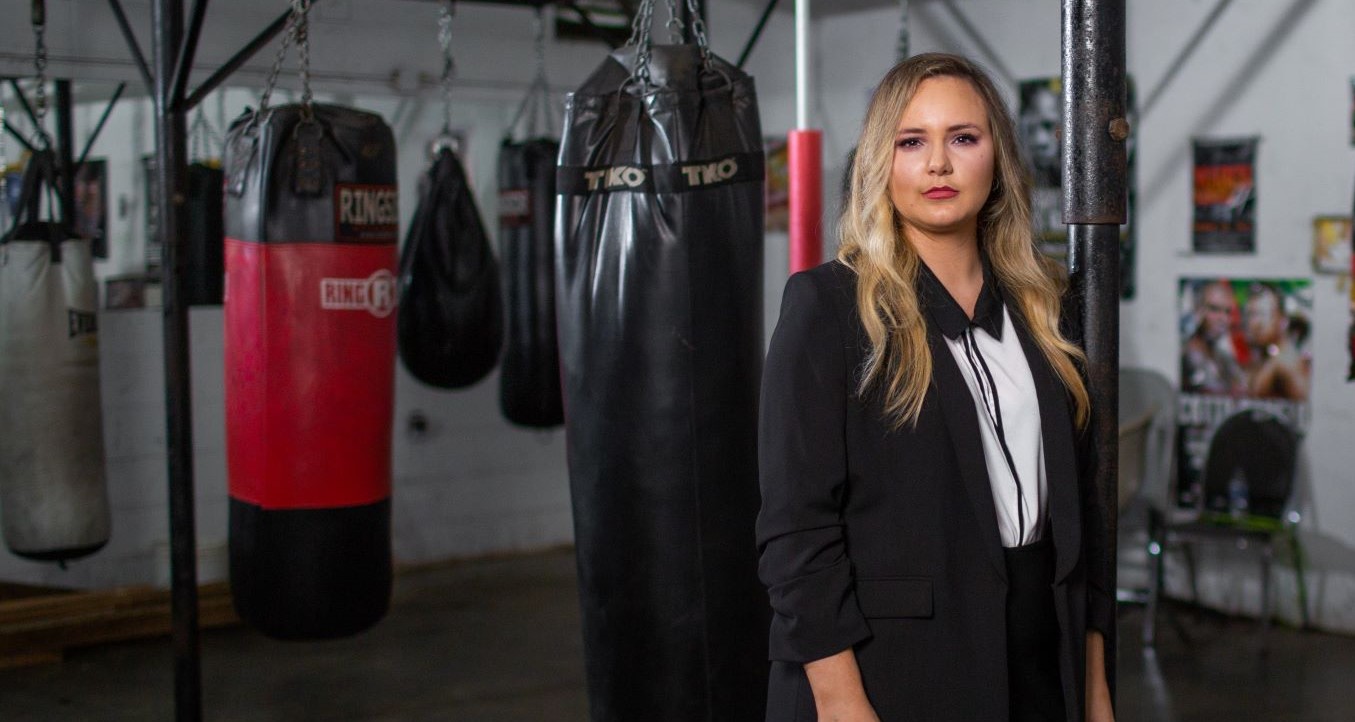
As lawyers, we question witnesses all the time. But for each witness, it is usually his or her first time to ever sit on a witness stand. Rarely have I encountered someone who was not nervous to testify in court. While it is most people’s first time as a witness, I had the unique opportunity to be a witness hundreds of times in law school, in what is known as “Moot Court” – which is essentially a series of mock trials that serve as quality courtroom training for law students. To perform well in each competition, we had countless practices, through which I was able to master the art of being a “good” witness. This means I have been a witness in your shoes hundreds of times, and I know how to be a successful one. If you are a party in a trial, or if you have been called to testify as a witness, use these helpful tips below and your experience will be both successful and much less stressful.
Be Polite: It may go without saying, but you need to be polite. The Courtroom is intimidating because it demands a good deal of respect from both lay persons and attorneys. It is in many ways a battleground, so many witnesses take the witness stand ready for a fight. But easy there, tiger; we have some ground rules first. The primary step to being a likeable witness is respecting the formalities of the Court. Address the Judge as “Your Honor” or simply, “Judge.” Be respectful to both attorneys, even the opposing one, who it may at times feel like is attacking you. While these may feel like minor niceties, they can go a long way in establishing your credibility with the court.
Engage the Judge: When you are on the witness stand, an attorney will be asking you questions. It feels natural to give your answer to the one asking you questions. But a good witness actually answers the questions to the Judge. He or she is the one making the final decision and is, therefore, your true audience. Think of it as a three-way conversation – you look to the attorney to receive the question, then engage the Judge in your answer. This method is especially helpful on cross examination.
Win Cross-Examination: A common misconception by witnesses is that in order to “win” cross-examination, one must outsmart the questioning attorney. Hollywood may be to blame for this—conjuring up images of the witness showing up the attorney in dramatic fashion or scenes where the attorney presents the “smoking gun” piece of evidence or obtains the “All right, all right, it was me!” confession on cross-examination. Real witness testimony is much less cinematic, and the less drama the better for you as a witness.
The true way to win cross-examination is to remain poised, polite, and unflustered. Let’s say that again: poised, polite, and unflustered. The moment you start arguing with the questioning attorney rather than simply answering his or her questions, is the moment you start to lose credibility with the court. So, remember to maintain your composure. The little trick I tell my witnesses is actually just Step #2 above: remain engaged with the Judge. If you lock eyes with the questioning attorney, it’s just too easy to get caught up in a back-and-forth arguing bout. The secret is to remember to focus your attention on the Judge when you give your answer, because this will break the flow the crossing-attorney is trying to establish.
Be a Witness, not an Attorney: Judges deal with egocentric attorneys all day, every day. They certainly don’t need you acting as an attorney as well. As a witness, you are in court to tell your story. That’s it. Telling your story with truth and poise is how you will be a successful witness. A fair amount of the courtroom proceeding will involve issues to be resolved between the two attorneys and the Judge, which do not require your help. The confusing part for you is when these events take place in the middle of your testimony, of which the most common example is an objection. Simply put, when you are on the stand and you hear the word “objection” from anyone – IMMEDIATELY STOP TALKING. Just sit quietly as the attorneys and court deal with the objection. In sports terms, think of this as a time out for you. You will then be directed by either the Judge or the attorney as to when you should pick back up with your testimony.
When you’re on the stand, and the stakes are high, it can be easy to get caught up in the heat of the moment, and succumb to the understandable desire to argue with the opposing attorney. But keep in mind that the attorney on the other side is just trying to do his or her job. They still clock out at the end of the day and head home to their families just like the rest of us, therefore there’s really no sense in taking anything he or she says to you personally.
If you find yourself as a witness in a lawsuit, follow these tips, and you’ll leave the courtroom unscathed. Trial may be just another day at the office for lawyers, but we understand it can be intimidating for everyone else, so the more informed you are when you walk through those courtroom doors, the more confident and calmer you will feel.
If you would like to talk about your family law issue with Caylan or another member of our team, please call our office (601-898-8655) or confidentially submit a basic intake form so our staff can complete a standard conflict check.
Caylan Dunnells is a graduate of the Mississippi College School of Law and has been a family law specialist for her entire career. She is a wife, a mom and a dedicated associate who you will often see with her nose in a book researching the most recent legal question to help with your case. She is also an impressive litigator on her feet in the courtroom and is an extremely polished advocate. Caylan is a Jackson native—born, raised, and educated here—so her passion is helping Mississippians by making what can sometimes be a difficult process a little easier through her legal knowledge and research skills. She’s thrilled to give back through her talent as an advocate for people like you.





